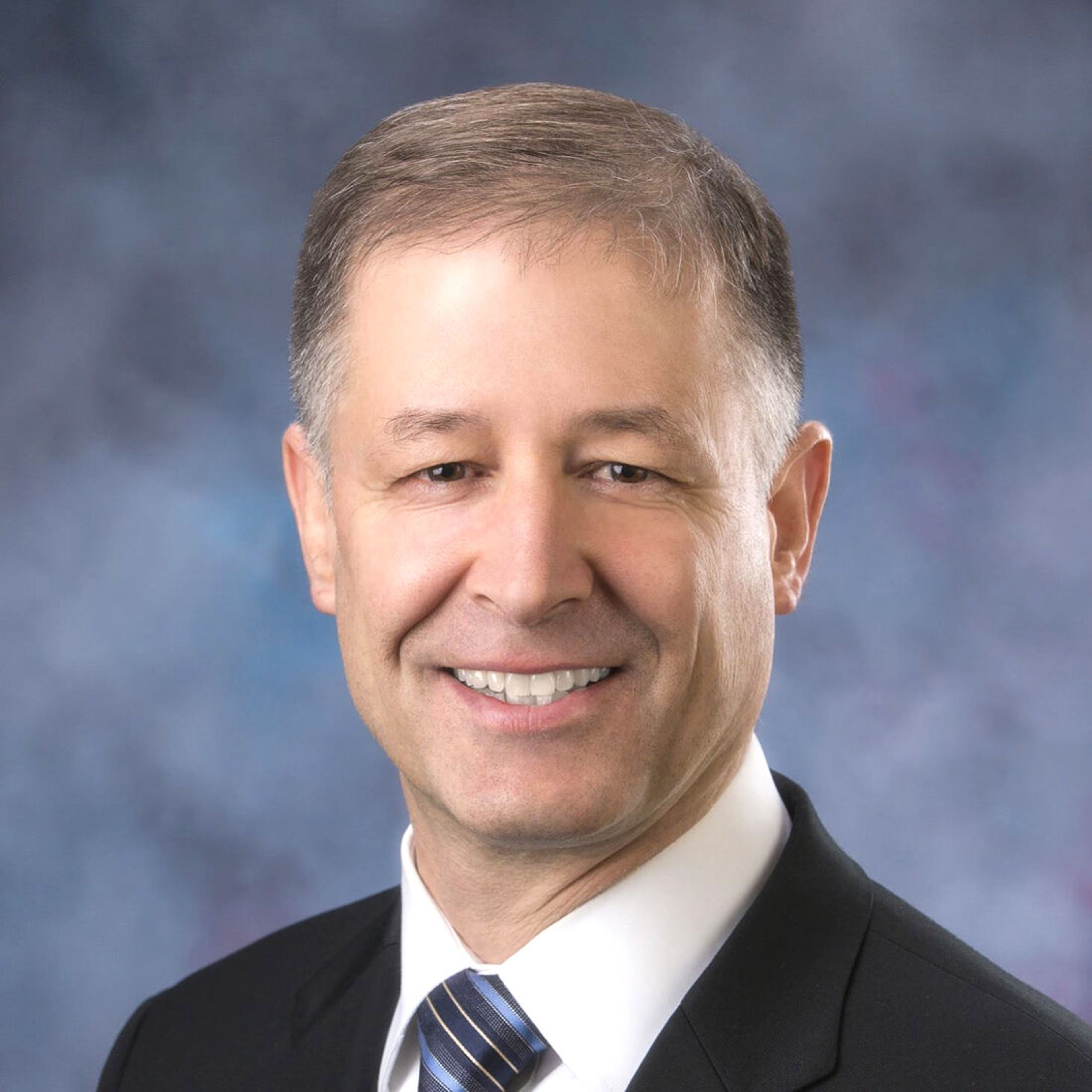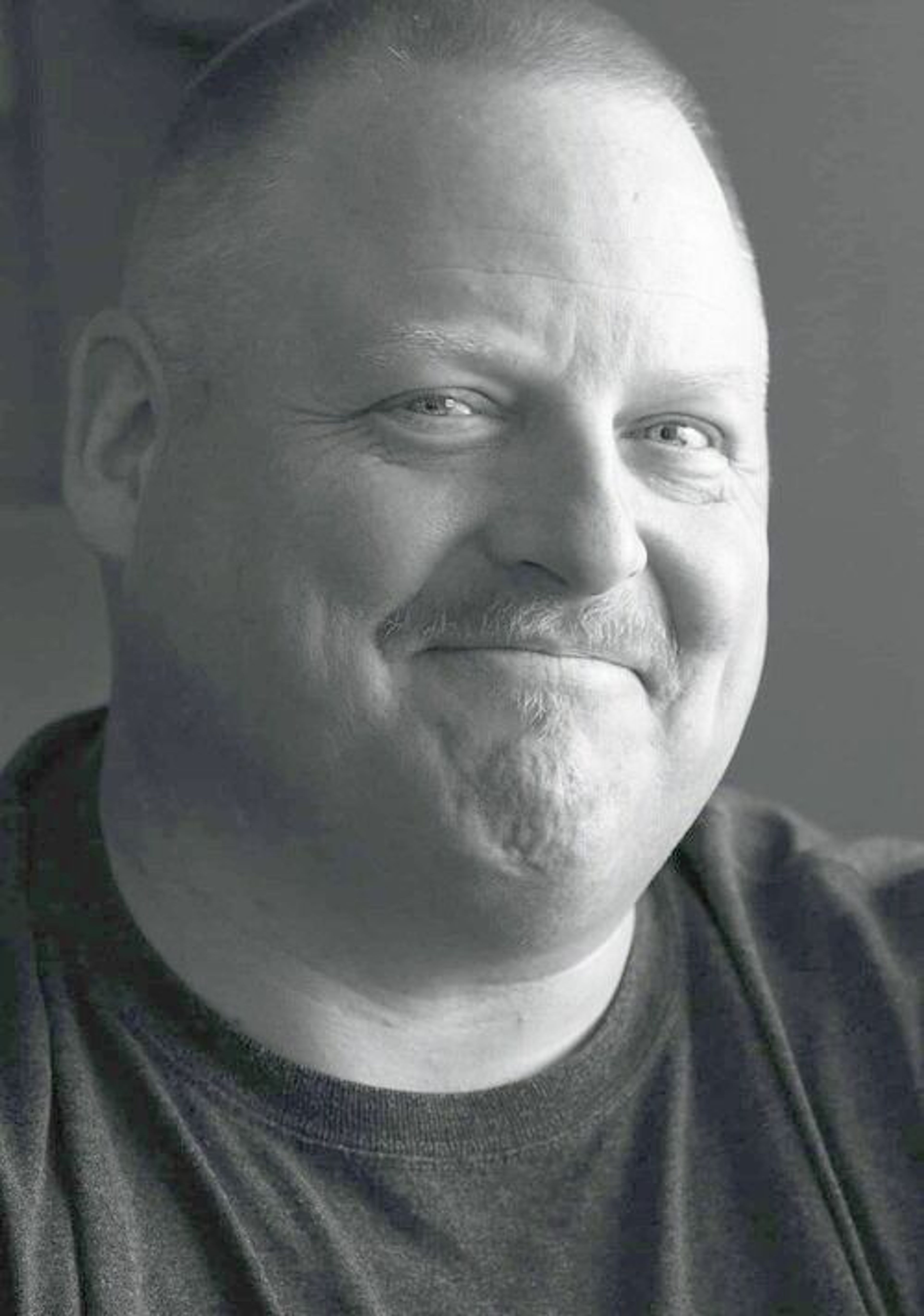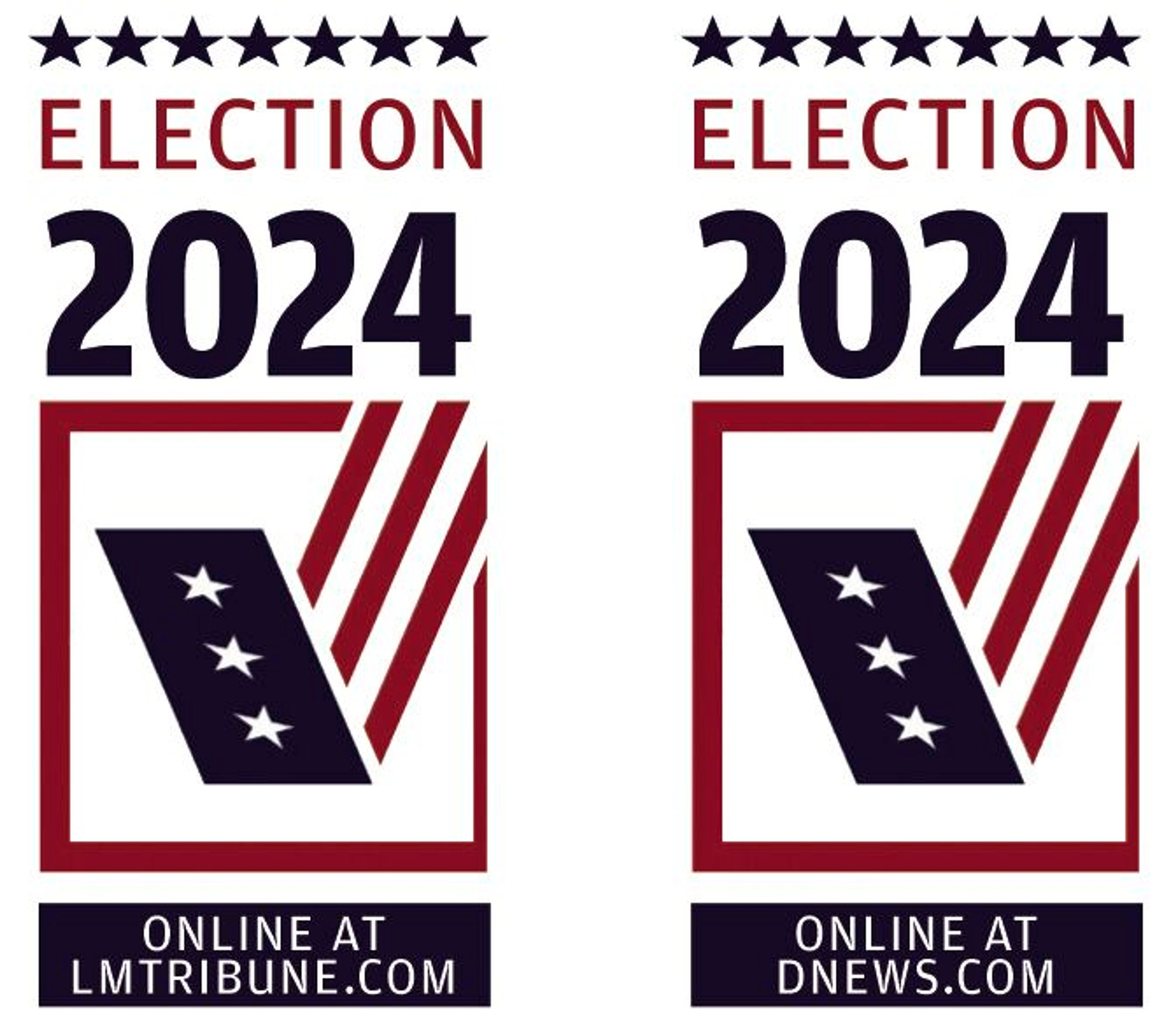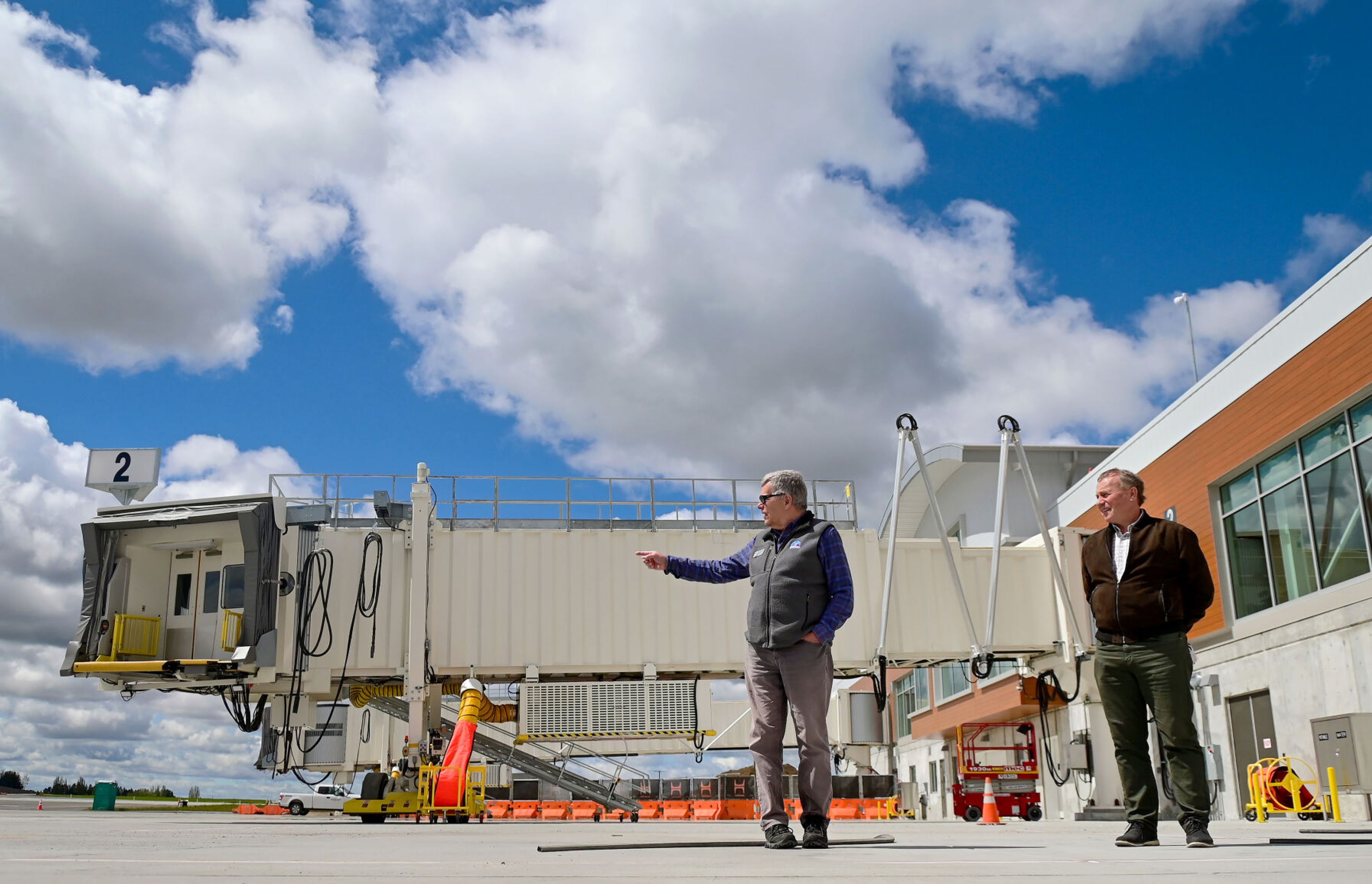Pullman schools hit by diversity concerns
Cultural climate questions raised by some school staff; propose improved communication
Some staff members of the Pullman School District have raised concerns about the district’s practices around diversity, and propose better communication as a solution.
Anthony Haynes, a fifth grade teacher at Jefferson Elementary, said about 45 teachers, staff and community members gathered last week to discuss the school’s current cultural climate. He added the goal was to create a safe space for citizens to speak on the situation in the private meeting.
The gathering drew the attention of some of the district’s administrative personnel, who were asked to leave the meeting.
During the Pullman School Board’s meeting Wednesday, a couple staff members commented on the district’s hiring process, diversity goals and projects. They were joined by around a dozen group members in support.
Superintendent Bob Maxwell on Friday said staff are encouraged to ask questions and bring up concerns when they’re identified. He added outside of the board’s public comment period, employees have a variety of avenues to voice their opinions.
Donna Moore, a paraeducator at Sunnyside Elementary, said in an interview her biggest issue is the district stated it would focus efforts on recruiting more people of color, but she hasn’t seen any evidence of that.
Maxwell said a long-range affirmative action plan was presented during last month’s meetings. The plan seeks to increase the number of minority staff members in the district.
He added this isn’t a Pullman-centric issue, with districts across the state looking to recruit more minority candidates.
“As an education system, that’s something we’re all working on,” Maxwell said. “The number of candidates of minorities that come out of teacher preparation programs is low to begin with.”
He said district personnel are attending job fairs, advertising positions on social media, and asking student teachers in the district who are minorities what their future plans are.
Moore identifies as African American, and said she’s “mature” in her career. She added she has a wealth of experience in education, yet she hasn’t been given the opportunity to interview for open positions.
“My credentials were from years ago and it took a long time to get everything done,” Moore said. “I was thinking, ‘yes, I’ve finally got everything done, I’m ready, I’m going to be able to apply.’ I was extremely disappointed because they told me I couldn’t teach… it brought me to tears.”
Moore questions the district’s hiring processes and qualifications it requires. She said it’s often unclear what certifications are needed for positions, and alleges some staff are picked before receiving credentials.
“In a substitute (position), you need a substitute credential,” Moore said. “I’m applying for substitute positions, and I’m not able to get an interview. … While I can’t look at personnel files, from my understanding the person who came into sub that day didn’t even have that credential, she was waiting for it to come in.”
Moore said the people who receive an interview and are hired are white and much younger than her.
Maxwell said Pullman schools’ hiring process is different from many other districts. He said an interview team will conduct the interaction, and that members of the team must be trained.
Five years ago, the district established an interview team training program that looks at biases and things to remember in an interview process, down to the questions they ask, Maxwell said.
Moore said if the district is trying to bring in minorities and more staff, it should be providing assistance for people to get the right certifications. She added she has received no support or assistance getting the right certifications, and it’s difficult finding what the district is asking for.
Assistance and certifications are done through the Washington State Office of Superintendent of Public Instruction, Maxwell said. He added it determines what out-of-state courses count, and what certifications are required.
“We try to help our staff as much as possible by connecting them with the right people at the office,” Maxwell said. “We try to support them, whether it’s (directing them to) the different types of certification to pursue or getting them in contact with people who can help.”
Both Hayes and Moore said better communication between administration and staff could remedy the situation.
Hayes said Pullman schools are going through a challenging time that requires difficult conversations. He added engaging citizens in understanding these challenges would create opportunities down the road.
Moore said having a district where communication comes from the top only presents problems, especially in a small community like Pullman. She added having a two-way dialogue where all people of any level can voice their concerns makes a difference.
“For the most part, I’ve felt welcome in the district and in the school,” Moore said. “What’s lacking is the perspectives, there’s disparity in regard to people of a higher (status) and in everyday regular individuals.”
Pearce can be reached at epearce@dnews.com.







